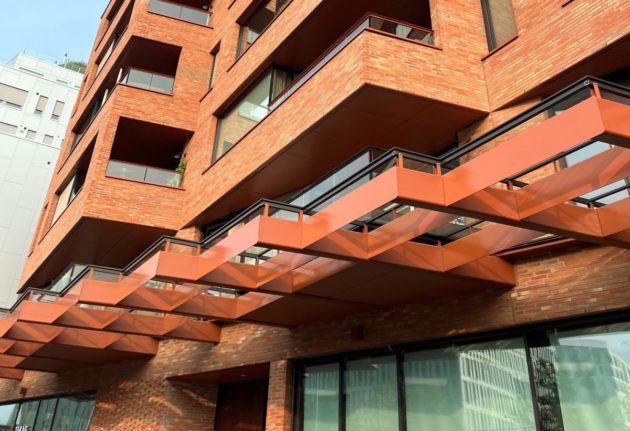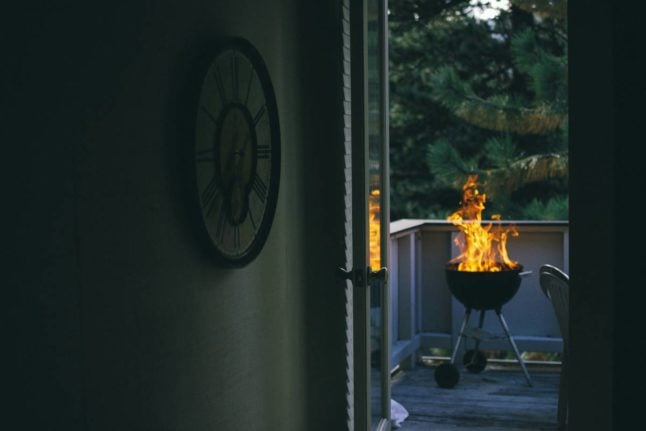The decision by Norway’s central bank (Norges Bank) to raise its key interest rate to 4.25 percent on Thursday was a widely expected move, as the institution continues to fight inflation.
However, the announcement that the bank will likely carry out another interest rate hike in December was a big surprise to analysts.
READ MORE: What Norway’s latest interest rate announcement means for you
Aside from the finance world, the announcement also ruffled many feathers in the real estate industry, with prominent industry leaders warning about the potential consequences of the central bank’s approach.
Housing supply to take another hit
In recent months, Norwegian media have dedicated a lot of attention to the shortage of housing supply in parts of the country, with eastern Norway emerging as the most acute pain point.
New home sales in the region have fallen by almost 60 percent in the last two years, according to recent reports, which has led to eastern Norway seeing a suspension of new housing projects in recent months.
The central bank’s surprise announcement of a likely December rate hike made Carl O. Geving, managing director of the Norwegian Association of Estate Agents (Norges Eiendomsmeglerforbund), worried about an escalation of the supply shortage in the country.
In a comment to the newspaper E24, Geving warned that a high policy rate may negatively impact new housing projects.
He predicted a potential drop of 13-14 percent in housing project investments by the end of 2023.
In his opinion, this would also negatively affect the housing supply in the country, exacerbating the already precarious position of many prospective homeowners.
More expensive mortgages
As the central bank raises its key interest rate, commercial banks in Norway usually follow suit by increasing interest rates on mortgages and deposits.
That means that mortgages had become very expensive since 2021, when Norges Bank started increasing its key rate.
The central bank now forecasts that mortgage interest rates might rise to 5.7 percent in 2024 and not start falling until 2025.
At the same time, housing prices in Norway – which have fallen in August – have proven to be more resilient than most industry experts expected earlier on in the year.
Pricier mortgages and expensive homes have led many potential newcomers to Norway’s housing market to reconsider their purchase, holding off the decision to buy.
A supply crisis to manifest once interest rates start going down?
In early September, Geving told The Local that a decreasing supply will lead to problems in the market once interest rates start going down.
“You never know when the central bank will make that move, but let’s say they decide to decrease rates in 2024 and 2025, and wages continue to increase, people build up stronger personal finances, and demand spikes – that’s when you’ll have a problem,” Geving said on September 5th.
While the supply issues are expected to emerge as a problem later down the road, the rate policy signalled by Norges Bank might help push down housing prices in the country even further, contributing to what some economists already expect to be a somewhat tough autumn for the Norwegian economy and housing market.




 Please whitelist us to continue reading.
Please whitelist us to continue reading.
Member comments